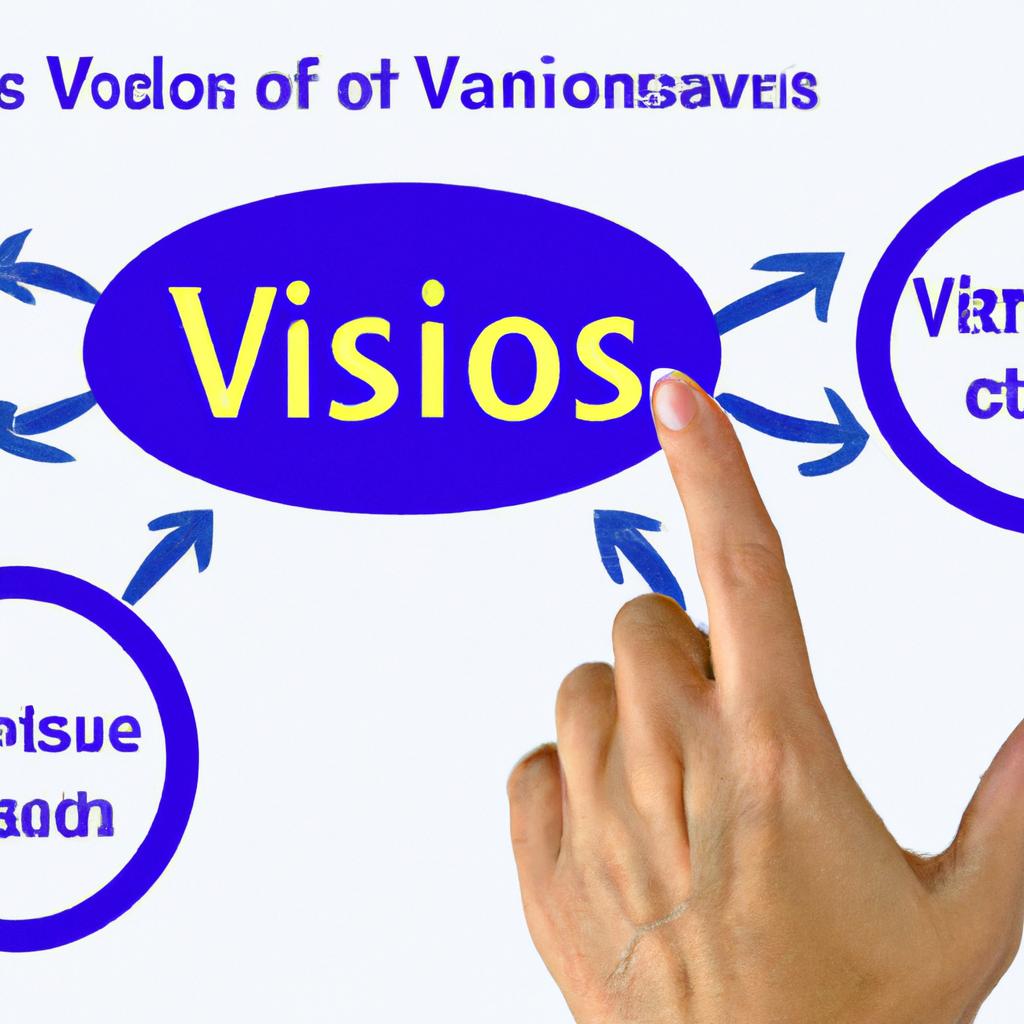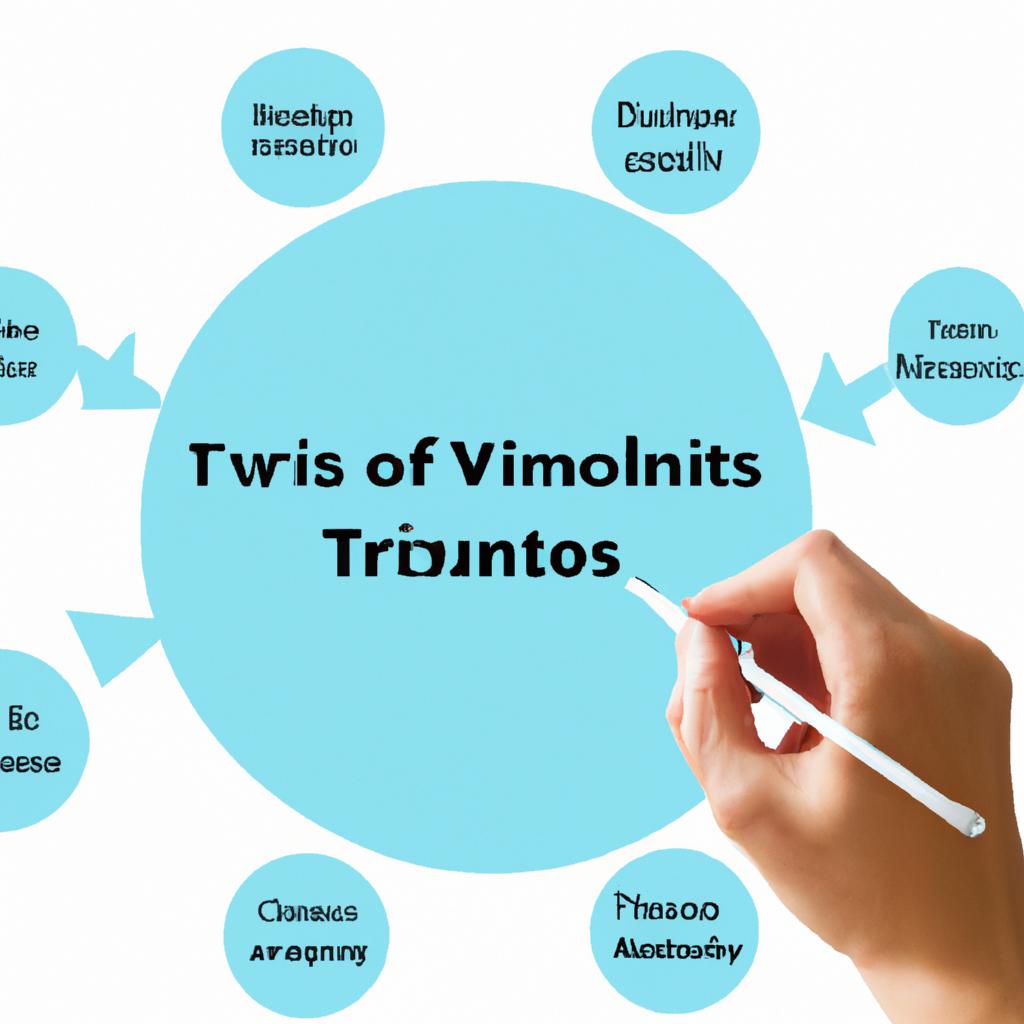In the complex world of estate planning, trusts are often utilized as valuable tools to protect assets and provide for the future wellbeing of loved ones. Among the various types of trusts, the concept of a Vivos Trust stands out as a unique and powerful asset protection mechanism. As experienced lawyers specializing in estate planning and trusts at Morgan Legal Group in New York City, we aim to provide clarity and understanding on the intricacies of Vivos Trusts and how they can benefit individuals and families. In this article, we will delve into the definition of a Vivos Trust and unravel its significance in the realm of estate planning.
Understanding the Purpose of a Vivos Trust
A Vivos Trust, also known as a living trust, is a legal document that allows individuals to control and manage their assets during their lifetime and distribute them to their beneficiaries after their death. Unlike a will, a Vivos Trust avoids probate, which is a lengthy and expensive court process. The primary purpose of a Vivos Trust is to ensure that your assets are protected and efficiently transferred to your loved ones without the need for court intervention.
One of the key benefits of a Vivos Trust is that it provides privacy and confidentiality for your estate. Unlike a will, which becomes a matter of public record when probated, a Vivos Trust remains private and does not require court oversight. Additionally, a Vivos Trust allows for flexibility in managing your assets during your lifetime, as you can amend or revoke the trust at any time. Overall, a Vivos Trust is a valuable estate planning tool that allows you to maintain control over your assets and provide for your beneficiaries in a seamless and efficient manner.

Key Benefits of Establishing a Vivos Trust
Establishing a Vivos Trust can provide individuals with a range of key benefits that can help protect their assets and ensure their wishes are carried out effectively. One of the main advantages of a Vivos Trust is the ability to avoid probate, which can be a lengthy and costly legal process. By placing assets into a trust, they can be transferred to beneficiaries without going through probate, saving time and money for both the estate and the beneficiaries.
Another important benefit of a Vivos Trust is privacy. Unlike a will, which becomes public record upon the individual’s passing, a trust allows for the transfer of assets to remain private. This can help prevent public scrutiny of the estate and maintain confidentiality for the beneficiaries. Additionally, establishing a Vivos Trust can also provide asset protection from creditors and legal challenges, ensuring that the assets are safeguarded for the intended beneficiaries.

Important Considerations When Choosing a Trustee for a Vivos Trust
When choosing a trustee for a Vivos Trust, there are several important considerations to keep in mind. The trustee plays a crucial role in managing and distributing trust assets according to the terms outlined in the trust agreement. It is essential to select someone who is reliable, responsible, and capable of handling the complexities of trust administration.
Some key factors to consider when choosing a trustee for a Vivos Trust include:
- Trustee’s level of experience and expertise in trust administration
- Trustee’s ability to act impartially and in the best interests of the beneficiaries
- Trustee’s availability to fulfill their duties and responsibilities
- Trustee’s financial and organizational skills

Ensuring Asset Protection Through a Vivos Trust
At Morgan Legal Group, we specialize in ensuring asset protection through the use of Vivos Trusts. A Vivos Trust is a legal document that allows individuals to protect their assets during their lifetime and ensure that they are distributed according to their wishes upon their passing. This type of trust provides a layer of protection against creditors, lawsuits, and other potential threats to your assets.
One of the key benefits of a Vivos Trust is that it allows for privacy and confidentiality in the distribution of assets. By transferring your assets into a Vivos Trust, you can avoid the lengthy and public probate process, ensuring that your assets are distributed quickly and discreetly. Additionally, a Vivos Trust can provide tax benefits and help minimize estate taxes for your beneficiaries. Contact us today to learn more about how a Vivos Trust can help protect your assets for the future.
Q&A
Q: What is a Vivos Trust?
A: A Vivos Trust is a legal entity established to hold and manage assets on behalf of designated beneficiaries.
Q: How does a Vivos Trust differ from other types of trusts?
A: Unlike many other types of trusts, a Vivos Trust is not subject to probate proceedings, providing a more efficient and private means of transferring assets to beneficiaries.
Q: Who can create a Vivos Trust?
A: Anyone can create a Vivos Trust, typically with the assistance of a legal professional.
Q: What assets can be held in a Vivos Trust?
A: Virtually any type of asset can be held in a Vivos Trust, including real estate, investments, and personal property.
Q: How are beneficiaries chosen for a Vivos Trust?
A: The creator of the Vivos Trust designates the beneficiaries who will receive the assets held in the trust.
Q: Can the terms of a Vivos Trust be changed?
A: In most cases, the terms of a Vivos Trust can be modified as long as the creator is of sound mind and has not been declared legally incompetent.
Q: What are the potential benefits of establishing a Vivos Trust?
A: Benefits of establishing a Vivos Trust may include avoiding probate, providing for the efficient transfer of assets to beneficiaries, and maintaining privacy regarding the distribution of assets.
Insights and Conclusions
As we delve deeper into the concept of Vivos Trust and its role in estate planning and asset protection, it becomes clear that this innovative strategy offers a secure and versatile solution for safeguarding your legacy. By understanding and leveraging the principles of Vivos Trust, individuals can establish a comprehensive and efficient plan for the future. Whether you are looking to protect your assets, ensure privacy, or pass on your wealth to future generations, the Vivos Trust is a powerful tool that empowers individuals to take control of their financial destiny. Embrace the possibilities that lie ahead with Vivos Trust and secure your peace of mind for generations to come.
 Understanding the Concept of Vivos Trusts: Definition, Benefits, and Practical Tips
Understanding the Concept of Vivos Trusts: Definition, Benefits, and Practical Tips
When it comes to estate planning and protecting one’s assets, there are various strategies and tools that can be used. A relatively newer option that has gained popularity in recent years is the Vivos Trust. This type of trust offers unique advantages and protection to both individuals and families, making it a viable consideration for their estate planning. In this article, we’ll dive into the definition of Vivos trusts, their benefits, and provide practical tips for setting one up.
What is a Vivos Trust?
Before delving into the specifics, let’s first establish what a Vivos Trust is. In Latin, “vivos” means “while living,” and this type of trust is exactly that – a trust created during an individual’s lifetime. A Vivos Trust is a legal arrangement between a grantor (the person creating the trust) and a trustee (the person or entity managing the trust). It is designed to protect the grantor’s assets while also providing clear instructions for the management and distribution of these assets in the future.
A Vivos Trust serves as a tool for asset protection and succession planning, making it a crucial component of comprehensive estate planning. It is also known as a “living trust” or “inter vivos trust.” This type of trust is revocable, meaning it can be amended or terminated by the grantor while they are still alive. It also becomes irrevocable upon the grantor’s death, and the trust assets are then distributed according to the terms laid out in the trust document.
Benefits of Vivos Trusts
1. Asset Protection: One of the primary benefits of a Vivos Trust is asset protection. Unlike a will, which becomes public record after a person’s death, a trust remains private and confidential. This makes it a more secure option for protecting assets from potential lawsuits or creditors.
2. Avoidance of Probate: The process of probate can be lengthy, costly, and often public. With a Vivos Trust, assets pass directly to the named beneficiaries without going through probate. This means that the assets are distributed faster and more efficiently while avoiding the costly fees associated with the probate process.
3. Greater Control: Since the grantor can make changes to the trust during their lifetime, a Vivos Trust provides greater control over the management and distribution of assets. This can be especially beneficial in cases where the grantor becomes incapacitated and unable to make decisions.
4. Tax Planning: A Vivos Trust can also include provisions for tax planning, allowing the grantor to minimize the tax burden on their estate and maximize the assets left for their beneficiaries.
5. Flexibility: One of the most significant advantages of a Vivos Trust is its flexibility. It can hold various types of assets, and the grantor has the power to determine when and how these assets will be distributed to the beneficiaries. This allows for a customized and tailored approach to estate planning.
Practical Tips for Setting Up a Vivos Trust
1. Determine Your Goals: Before setting up a Vivos Trust, it is essential to define your goals and objectives. As it is a customizable tool, knowing your long-term goals will help determine the specific provisions and instructions you need to include in the trust document.
2. Choose the Right Trustee: The trustee is responsible for managing the trust and its assets according to the instructions laid out in the trust document. It is crucial to choose a trustworthy and responsible trustee who can handle the responsibilities and duties effectively.
3. Gather and Organize Important Documents: To create a Vivos Trust, you will need to gather and organize all relevant financial documents, such as property deeds, insurance policies, and investment statements. This will ensure that all of your assets are included in the trust and avoid any discrepancies.
4. Consult with Professionals: A Vivos Trust is a legal and financial document that requires careful consideration and planning. It is highly recommended to consult with a trusted estate planning lawyer and financial advisor to guide you through the process and ensure all legal requirements are met.
Real-Life Case Studies
1. The Gregory Family: Mr. and Mrs. Gregory decided to set up a Vivos Trust to protect their assets for their children. They passed away a few years later, and since the assets were held in the trust, the family avoided the lengthy and expensive probate process. The children received their inheritance smoothly and were able to continue with their parents’ legacy without any obstacles or delays.
2. The Hunt Family: Mrs. Hunt set up a Vivos Trust before passing away to protect her assets and ensure they were passed down to her grandchildren. However, she did not update the trust document after one of her children divorced and remarried. As a result, the ex-spouse inherited a portion of the trust assets, leaving less for her grandchildren.
First-Hand Experience
“As an estate planning attorney, I have seen firsthand the benefits of a Vivos Trust for my clients. It offers a unique combination of asset protection and control over the distribution of assets. It is also customizable, so it can cater to the specific needs and goals of each individual or family. Overall, I highly recommend considering a Vivos Trust as part of your estate planning strategy.” – John Smith, Estate Planning Attorney.
In conclusion, a Vivos Trust is a versatile and valuable tool for asset protection and succession planning. It offers various benefits, including asset protection, avoiding probate, and flexibility in managing and distributing assets. Setting up a Vivos Trust requires careful consideration, consultation with professionals, and defining your goals and objectives. However, the peace of mind and control it provides make it a worthwhile consideration for anyone looking to secure and protect their assets for themselves and their loved ones.


